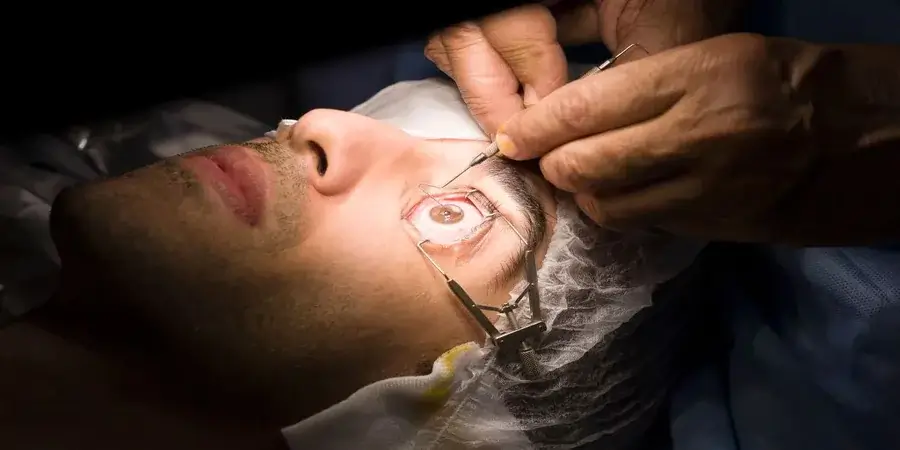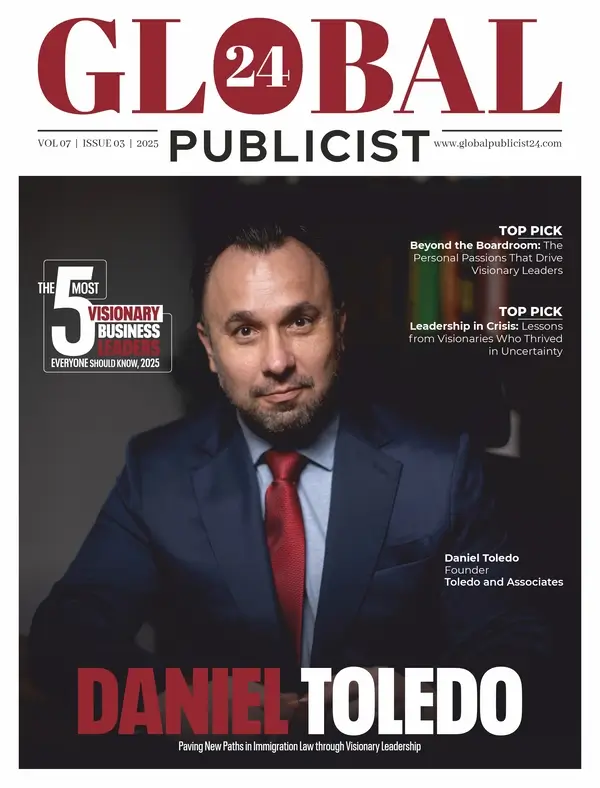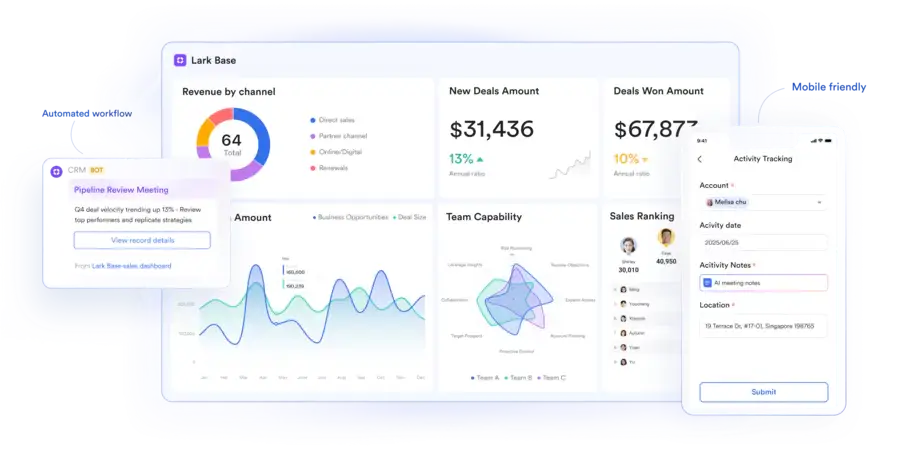The fusion of artificial intelligence (AI) and aesthetics is transforming the beauty industry in profound ways, and nowhere is this shift more evident than in the United Kingdom. Forward-thinking UK beauty entrepreneurs are harnessing AI to revolutionize how products are developed, personalized, and delivered. This technological integration is not just about automation-it’s about creating customized beauty solutions that speak directly to individual needs.
As consumer expectations continue to evolve, especially around personalization and inclusivity, AI is emerging as the driving force behind smarter, data-driven beauty brands. UK-based startups and established names alike are now using machine learning algorithms, computer vision, and predictive analytics to offer tailored experiences that redefine the traditional beauty model.
The Evolution of Beauty Personalization
In the past, beauty personalization typically meant selecting products based on broad categories like skin type or hair texture. While helpful, these approaches offered limited customization and often relied on generic recommendations. Today, AI is enabling a much deeper level of personalization by analyzing vast data points, from skin tone and texture to environmental factors and genetic predispositions.
UK beauty entrepreneurs are leveraging this shift to better serve customers who expect precision and relevance. Through AI-powered tools, brands can now assess customer profiles in real time and suggest the most suitable products, routines, or treatments with a level of accuracy that was once unimaginable.
Skin Analysis with AI: Tailored Skincare Recommendations
One of the most prominent applications of AI in the UK beauty industry is AI-driven skin analysis. Using smartphone cameras or smart devices, consumers can now scan their faces and receive instant evaluations of skin health. These evaluations include assessments of hydration, fine lines, pores, pigmentation, and more.
UK startups have created mobile apps and platforms that use this technology to recommend skincare products specifically suited to each user’s current skin condition. This eliminates the guesswork from product selection and boosts consumer confidence in their purchases. AI doesn’t just match users to pre-existing products; it can also guide the formulation of entirely new solutions.
Bespoke Formulation Powered by Machine Learning
AI is also transforming product formulation by enabling bespoke beauty products. British brands are investing in systems that collect user data through online questionnaires or interactive consultations. These systems analyze responses with machine learning algorithms to create unique product formulations for each customer.
From customized serums to shampoos formulated for specific scalp conditions, the possibilities are nearly endless. This approach ensures that users receive products designed with their specific concerns in mind, boosting effectiveness and satisfaction. For entrepreneurs, it offers a scalable way to deliver individualized experiences without the need for massive inventory or manual processing.
Virtual Try-Ons and Computer Vision
Another area where AI is making waves is in virtual try-ons. British beauty retailers and cosmetic companies are using augmented reality (AR) and computer vision to let customers preview makeup products in real-time via their smartphone or desktop camera.
This AI-powered feature not only enhances the online shopping experience but also reduces product returns and encourages experimentation. Users can try different foundation shades, lipsticks, or eyeshadow combinations before making a purchase, ensuring a better match and ultimately more satisfaction.
Virtual try-ons are especially impactful in an e-commerce-driven market. With more UK consumers shopping for beauty products online, the ability to see how a product looks before buying is becoming a non-negotiable expectation.
AI Chatbots and Beauty Advisors
Customer service in the beauty sector has also seen a significant upgrade with the introduction of AI chatbots and virtual beauty advisors. These intelligent systems are capable of guiding users through product selection, providing skincare advice, and answering questions about usage and ingredients-all without human intervention.
UK beauty brands are increasingly incorporating AI-powered chatbots into their websites and apps, making beauty advice accessible 24/7. These bots use natural language processing to understand customer queries and deliver responses that are both helpful and accurate.
For time-starved consumers, this level of support can be a game-changer. It removes the need to visit a store or wait for email responses, making the shopping experience smoother and more efficient.
Inclusive Beauty Through AI
One of the standout benefits of AI in beauty is its potential to advance inclusivity. By analyzing diverse datasets, AI can help brands create products that cater to a wide range of skin tones, hair textures, and cultural beauty preferences. UK beauty entrepreneurs are using these insights to fill market gaps that have traditionally been underserved.
This shift is particularly evident in the rise of brands offering extended shade ranges or custom-matched foundations for every complexion. AI ensures that these offerings are not only inclusive but also based on real consumer data, making them more accurate and representative.
Inclusivity is not just a social imperative-it’s also good business. As the UK becomes more culturally diverse, beauty brands that can authentically connect with varied audiences will gain a significant competitive edge.
Predictive Analytics for Consumer Trends
Understanding what customers want before they ask for it is every brand’s dream. With AI-powered predictive analytics, UK beauty entrepreneurs are gaining insights into emerging trends, seasonal needs, and shifting consumer behaviors.
By analyzing browsing habits, purchasing patterns, and even social media engagement, AI tools can forecast what products will be in demand. This enables better inventory planning, smarter marketing campaigns, and timely product launches.
These insights allow brands to move proactively rather than reactively-responding to consumer needs with precision and agility.
Sustainability and Supply Chain Optimization
AI is also helping UK beauty brands meet sustainability goals by optimizing supply chains and reducing waste. Machine learning algorithms can predict demand more accurately, ensuring that products are manufactured in just the right quantities.
Some startups are even using AI to develop refillable beauty products and eco-friendly packaging solutions, driven by consumer demand for environmentally responsible options.
By aligning personalization with sustainability, brands can offer meaningful value to today’s ethically-minded beauty consumers.
The Entrepreneurial Edge
For UK beauty entrepreneurs, AI is not just a tool-it’s a strategic advantage. It levels the playing field by enabling smaller brands to offer experiences that rival those of industry giants. With the right tech stack, entrepreneurs can build customer-centric models, automate operations, and scale with fewer resources.
The democratization of AI means that innovation is no longer confined to large corporations. Independent UK brands are now leading the charge in beauty tech, carving out niches and disrupting traditional models through smart, data-driven strategies.
Conclusion
The integration of AI in aesthetics is redefining beauty in the UK. From personalized skincare and virtual try-ons to intelligent customer support and sustainable innovation, technology is elevating every aspect of the beauty experience. UK entrepreneurs are at the forefront of this movement, using AI not only to meet consumer expectations but to exceed them in ways previously unimaginable.
As AI continues to evolve, its role in the beauty industry will only grow stronger-empowering brands to be more inclusive, efficient, and innovative than ever before. The future of beauty in the UK is not just digital-it’s intelligent.













